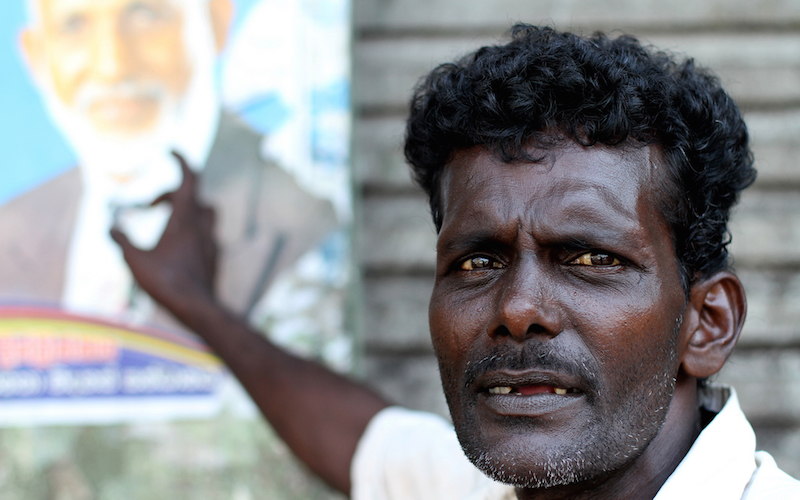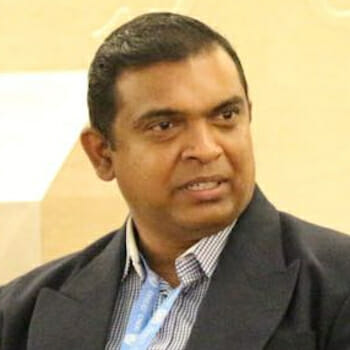
Another Sri Lankan Election with No Solution to the Tamil Issue
August 17th will witness parliamentary elections in Sri Lanka; once again the Tamils may play a key role in the formation of a government if the projection of election results are accurate. The Tamils are expected to vote for the Tamil National Alliance (TNA), which enjoys a considerable following in the north and east of the country.
Though the TNA is poised to play an important role in the post-election government, none of the major political parties or coalitions from the south who are expected to form the government have come out with any new proposals to end the nearly seven decade long Tamil effort for justice.
The TNA manifesto seeks federalism within a united Sri Lanka, which has been rejected outright by the Sinhala political parties as they see this as the first step towards secession. The Sri Lanka Freedom Party (SLFP), the United People’s Freedom Alliance (UPFA), the United National Party (UNP), the United National Front for Good Governance and the Janatha Vimukthi Perumana (JVP) have said that this would lead to the division of the country.
This demand of the Tamils has been the bone of contention and the international community too has been supportive of federalism in Sri Lanka as a political solution.
As the main demand of the TNA has been rejected by all the Sinhala political parties, what is in store for the Tamils after the elections? How can they bargain to gain a political solution for their problems?
Before the last presidential election on January 8th, the Tamils pinned their hopes on an international inquiry to be conducted by the United Nations Human Rights Council (UNHRC). The recently leaked report of the UNHRC by Channel 4 shows the tacit understanding between Sri Lanka and the UNHRC to propose another internal inquiry mechanism which would involve the Tamils.
The only potent weapon in the hands of the Tamils is the history of their suffering culminating in Mullivakal. In order to ward off pressure for an international inquiry, the Foreign Minister, Mangala Samaraweera, prevailed upon the UNHRC, the United States, India and the international community to delay the tabling of the report.
The Tamils had no say in the postponement of the report. Their future survival and accountability depend on the recommendations of the UNHRC report and the actions taken by the international community. The TNA with the support of the international community must not settle for anything less than an international inquiry.
Given the past record of the successive Sinhala regimes, can the Tamils expect anything different from a new government, which has promised economic development in the past? What the Tamils need is devolution of power.
In the last seven months, under the new regime of Maitripala Sirisena, only the return of about 1,000 acres of land has been granted. In the past the civilian governors of the North and East defended Sri Lanka’s treatment of the Tamils.
For the Sinhalese there is a threat of democracy and the revocation of their rights if Mahinda Rajapakse returns to power. Whoever returns to power threatens the survival of the Tamils unless their elected representatives are shrewd enough to seek what they want from the United National Party (UNP) and the United National Front for Good Governance who are projected to win, with the international community as their guarantors.
This time the TNA should not give support to the Coalition as they did in January 2015. They must demand an Independent International Inquiry.

